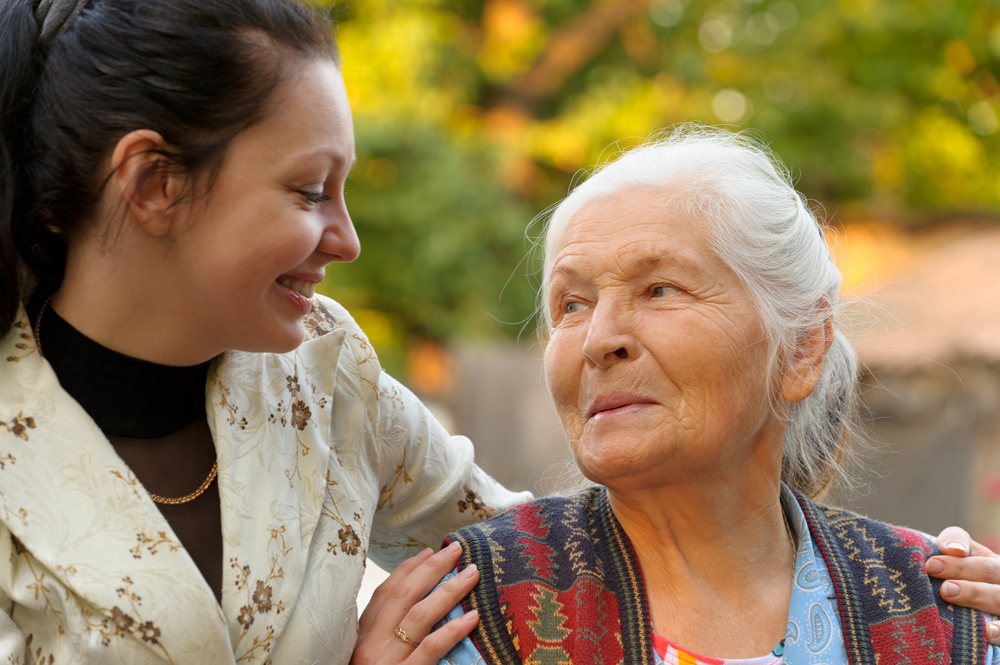Why am I so Impatient with My Elderly Parent?
Category:

Caring for aging parents comes with a lot of complicated emotions. There are good days, where you will be thankful for this time together, regardless of its challenges, and there are hard days where you may deal with feelings of guilt, anger, or even resentment.
Shifting relationship dynamics, taking over responsibilities, and squabbling over the details of your parent’s care can cause tension in even the best parent-child relationships. If you’re often wondering, “Why am I so impatient with my elderly parents?” — you’re not alone.
Whether you’re dealing with toxic elderly parents demanding too much from you or you’re doing your best to compromise while moving elderly parents into your home, it’s natural to feel frustrated. In this post, we’ll offer advice on how to handle aging parents and tips for managing caregiver stress.
Download Our FREE Path to Care Guide
“My Elderly Parent is Driving Me Crazy!”
Caregiving is a truly demanding role that requires a lot of time and emotional energy. No matter how much love you have for your parents — managing medication, overseeing medical care, and helping with simple day-to-day tasks like maintaining proper nutrition or personal hygiene can quickly become a full-time job.
Keeping up with these responsibilities is particularly challenging when caring for aging parents with dementia or Alzheimer’s disease. The extra energy required to ensure constant supervision and provide emotional support by repeatedly answering questions or offering reassurance can leave anyone feeling overwhelmed.
In these moments of frustration, it’s important to give yourself a bit of grace — feeling impatient, angry, or even resentful during a stressful moment doesn’t make you a bad caregiver or mean you don’t love your parents. You’re just a person doing the best they can in a difficult situation.
Role Reversal & How to Cope with Aging Parents
For many of us, it can be difficult to navigate the shifting relationship dynamics that come with caring for aging parents. This role reversal can cause a lot of friction on both ends as adult children and their elderly parents try to settle into a new normal.
Having to take on responsibilities for your parents as they become unable to handle them on their own can be scary at first, and for some, may serve as an uncomfortable reminder that our parents won’t be around forever. If you find yourself feeling impatient, try to remember this adjustment is likely just as hard on your parents. They are likely struggling with their own feelings of depression, anger, or embarrassment that they are no longer able to care for themselves.
Dealing with these feelings on your own is always going to be an uphill battle. Where you can, look for opportunities to vent these feelings with a therapist or trusted loved one. You might also consider joining a support group for a safe space to discuss your feelings free of judgment with others who can relate to what you are going through.
“Caring for My Elderly Parents is Killing Me”
Being able to recognize and address signs of caregiver stress is key to maintaining your own physical and mental health. Getting help managing the load from family, friends, or professional caregivers will give you the opportunity to focus a bit more on your own needs, which in turn, will help you provide the best care you can for your loved ones.
To learn more about our home care services, contact our caregiving team today at 1-800-GRISWOLD or find a Caregiver near you.
Subscribe
Date: 2024-11-20
Category:


